ICR video toggle
Published: 12 January 2021
-
Views:
 98
98
-
Likes:
 7
7
-
Views:
 98
98
-
Likes:
 7
7
-
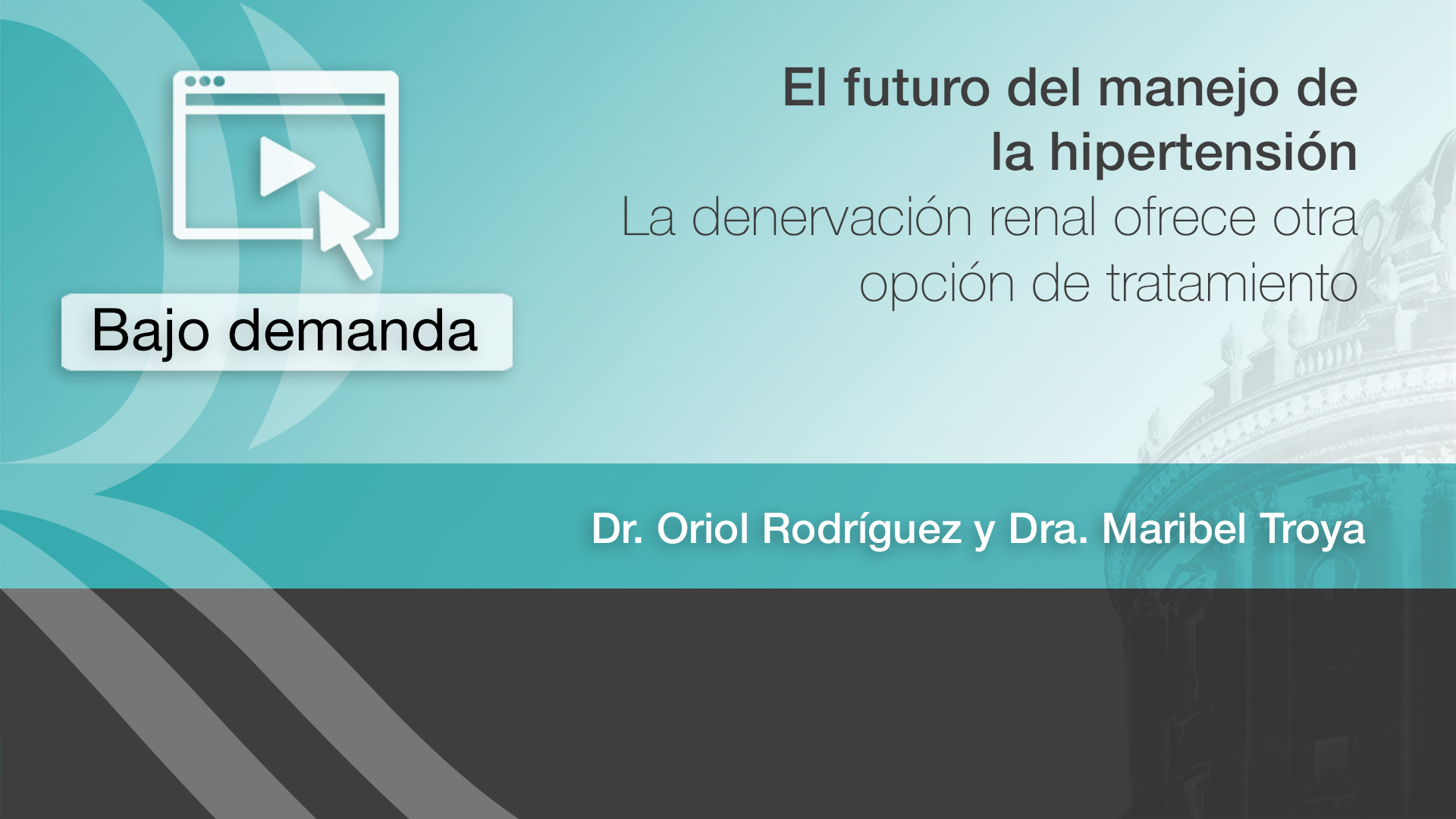 14:68Part 1 | Session 1 El futuro del manejo de la hipertensión: la denervación renal brinda otra opción de tratamiento Prof Oriol Rodriguez, Maribel Troya
14:68Part 1 | Session 1 El futuro del manejo de la hipertensión: la denervación renal brinda otra opción de tratamiento Prof Oriol Rodriguez, Maribel Troya
-
 Part 1 | Session 2 Test video
Part 1 | Session 2 Test video
-
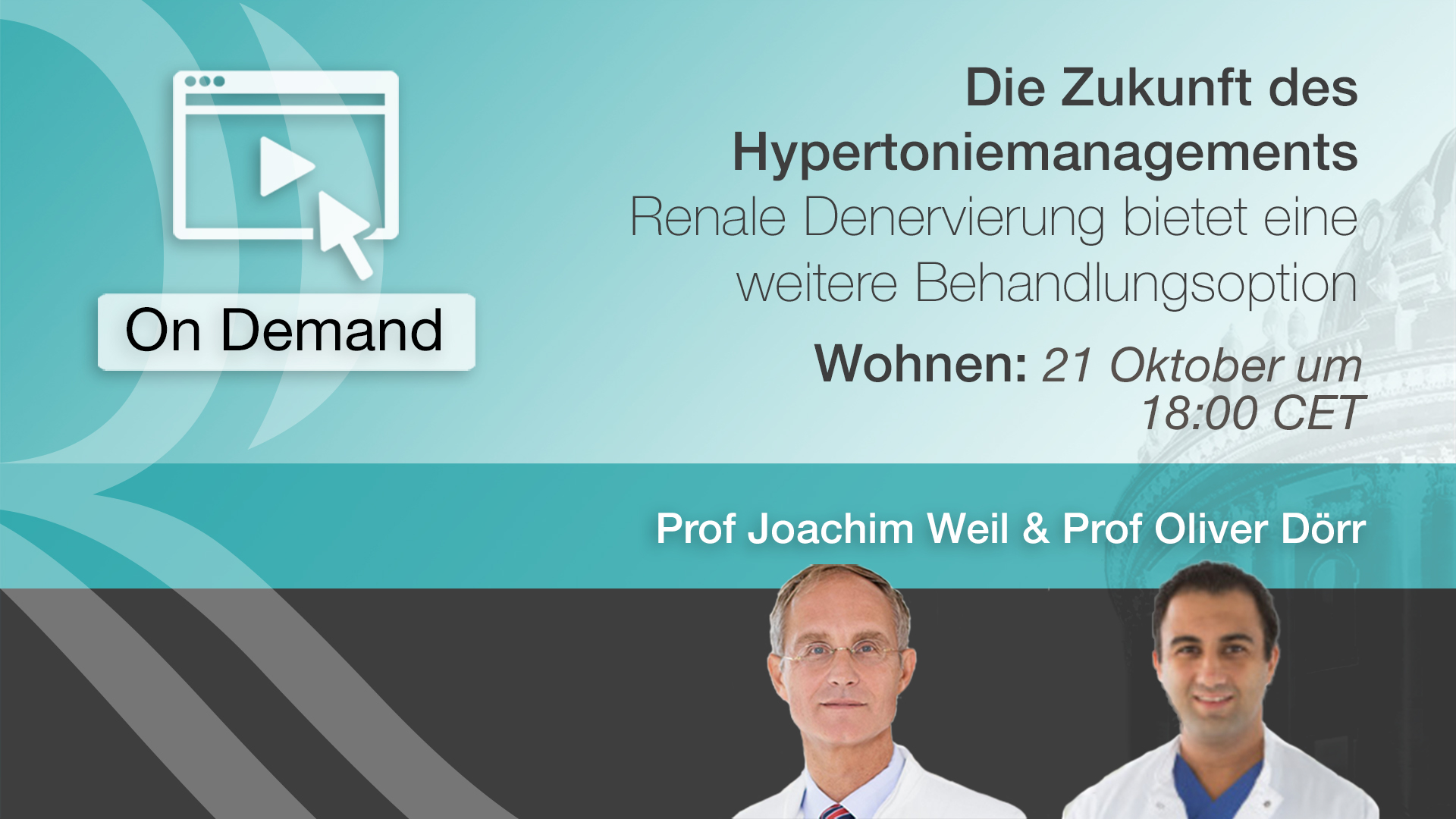 15:90Part 2 Die Zukunft des Hypertoniemanagements – Renale Denervierung bietet eine weitere Behandlungsoption Joachim Weil, Oliver Dörr
15:90Part 2 Die Zukunft des Hypertoniemanagements – Renale Denervierung bietet eine weitere Behandlungsoption Joachim Weil, Oliver Dörr
-
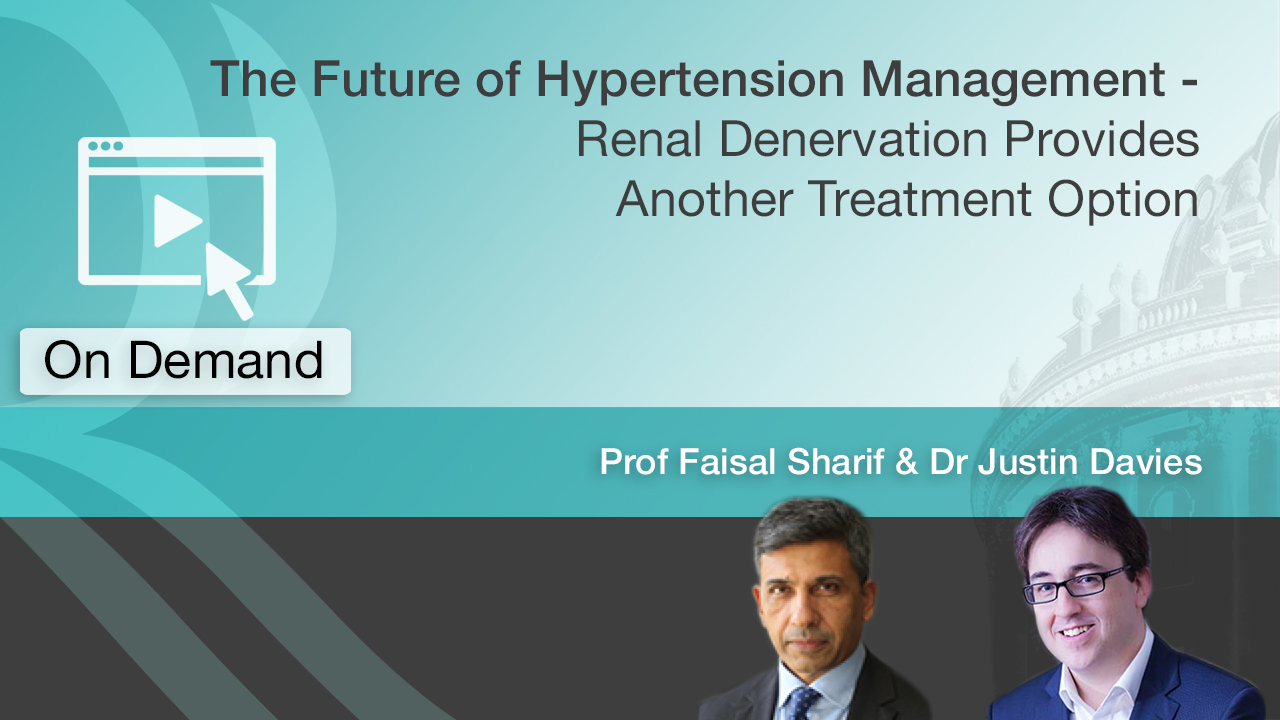 Part 3 The Future of Hypertension Management - Renal Denervation Provides Another Treatment Option Justin E Davies, Faisal Sharif
Part 3 The Future of Hypertension Management - Renal Denervation Provides Another Treatment Option Justin E Davies, Faisal Sharif
-
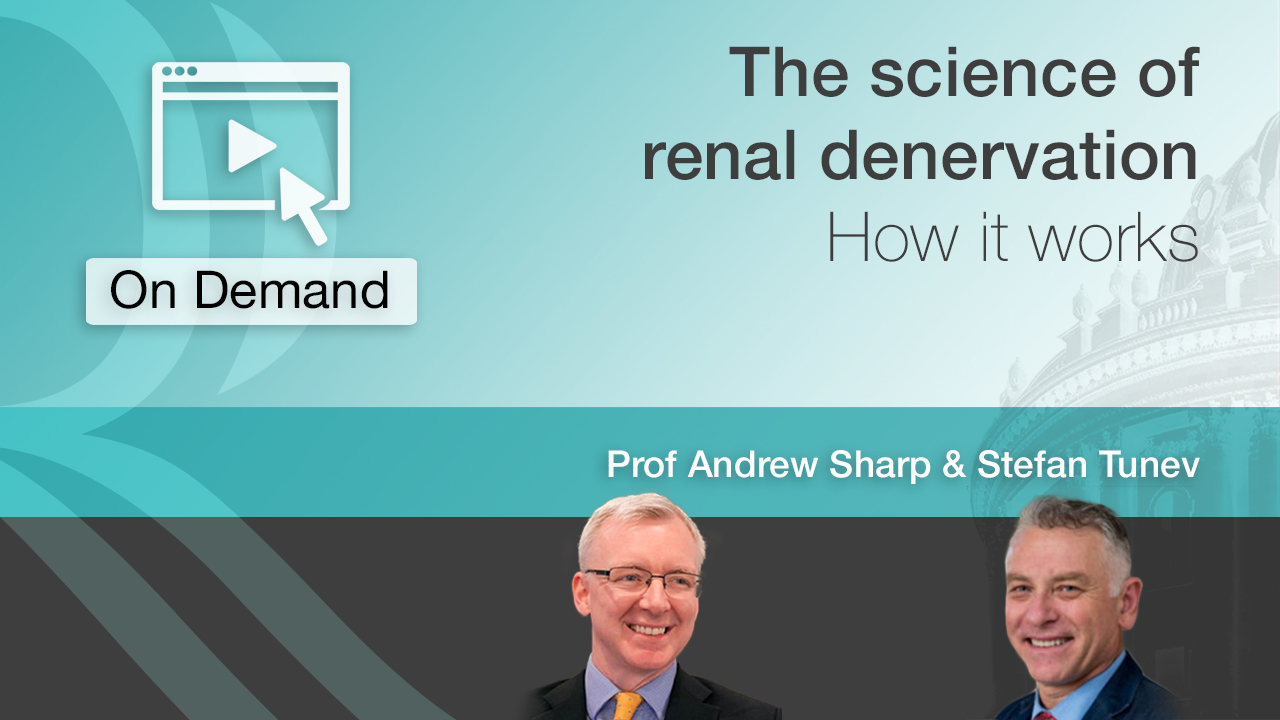 Part 4 The Science of Renal Denervation Andrew SP Sharp, Stefan Tunev
Part 4 The Science of Renal Denervation Andrew SP Sharp, Stefan Tunev
Overview
The Advancements in Atrial Fibrillation Detection and Treatment symposium brings together leading experts in the field of cardiology and electrophysiology to discuss topics including:
- Atrial fibrillation (AF) detection tools and associated evidence: selecting the right device for each patient
- How the latest AF detection devices can impact clinical practice
- AF detection and treatment guidelines
- The risk-benefit threshold of AF ablation compared to antiarrhythmic drug therapy
- Who should be referred for an AF ablation
- AF progression and the associated clinical impact
- The benefits associated with early AF treatment and first-line ablation
Faculty: Prof. Thorsten Lewalter, Prof. Helmut Pürerfellner, and Prof. Carina Blomström-Lundqvist

Learning objectives
- AF detection tools that are best suited for different patients and how they can impact clinical practice
- AF detection and treatment guidelines
- Who should be referred for an AF ablation and what outcomes they can expect?
- AF progression and the benefits of early treatment
Target Audience
- The presentation recordings primarily target cardiologists. General practitioners, allied health professionals, and electrophysiologists may also benefit from this content.
More from this programme
Part 1
El futuro del manejo de la hipertensión: la denervación renal brinda otra opción de tratamiento
Part 2
Die Zukunft des Hypertoniemanagements – Renale Denervierung bietet eine weitere Behandlungsoption
Part 3
The Future of Hypertension Management - Renal Denervation Provides Another Treatment Option
Part 4
The Science of Renal Denervation
| 1 session | |
| The Science of Renal Denervation | Watch now |
Part 5
The science of renal denervation - Part 1
Part 6
Can Renal Denervation Benefit Patients with Hypertension?
Part 7
TCT 2019: RF renal denervation - Prof Andrew Sharp
Faculty Biographies

Andrew SP Sharp
Consultant Cardiologist
Prof Andrew Sharp qualified from Edinburgh Medical School in 1998. He conducted his senior clinical training at Imperial College Hospitals and San Raffaele Hospital, Milan, before being appointed in 2011 as a Consultant Cardiologist and Honorary Senior Lecturer at the Royal Devon and Exeter Hospital and University of Exeter. Professor Sharp was awarded an MD postgraduate research degree for his work on the hypertensive heart whilst at Imperial College and now leads a growing research programme at the Royal Devon and Exeter Hospital in the fields of hypertension, renal denervation, ischaemic heart disease, intra-coronary imaging, coronary physiology, pulmonary embolus and aortic valve disease.

Indranil Dasgupta
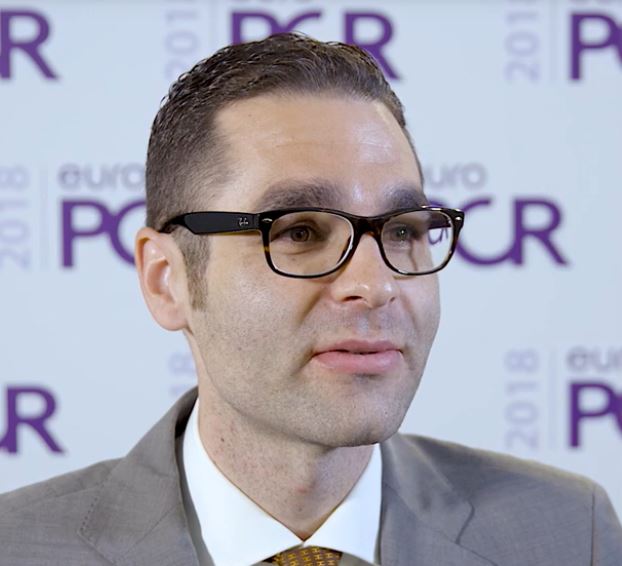
Felix Mahfoud
Professor Felix Mahfoud is an Associate Professor and senior physician of Internal Medicine and Cardiology at Saarland University Hospital, and Affiliate/Visiting Professor Harvard-MIT Biomedical Engineering, Institute of Medical Engineering and Science, Cambridge, US. Professor Mahfoud completed training in Cardiology and Interventional Cardiology at the Department for Internal Medicine III, Saarland University Hospital, Germany in 2014. Since 2017, he has served as Vice Chairman of the ‘Working Group on Interventional Hypertension Treatment’ for the European Society of Hypertension, and as a Committee Member of the 2018 Hypertension Guidelines.
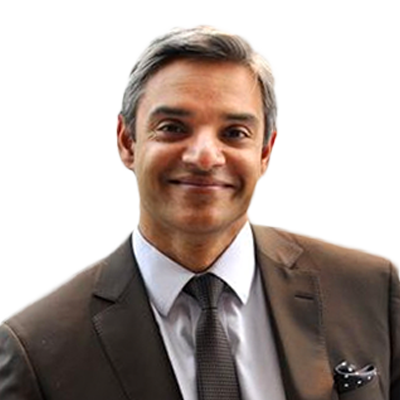
Atul Pathak
Professor
Dr Atul Pathak is a Pharmacologist and Cardiologist. He is leading a clinical research team focusing on cardiovascular pathophysiology and clinical pharmacology and is affiliated to INSERM (National Institute of Medical Research).
Dr Pathak has been awarded by the ESC (Young Investigator Award), by the British Pharmacological Society and the French Society of Cardiology. He is also member of the French Association of Pharmacologists, the French Society of Hypertension and Cardiology, the American Society for Heart Failure. He is elected President of the Cardiovascular Pharmacology Working Group of the French Society of Cardiology. He has both academic and institutional commitments, among them participation at advisory board at AFSSAPS (French FDA) and HAS for the review of clinical trials protocol, assessment of benefit /risk ratio of drugs (marketed or under development) and medico-economic issues (regarding lipid or blood pressure lowering drugs).






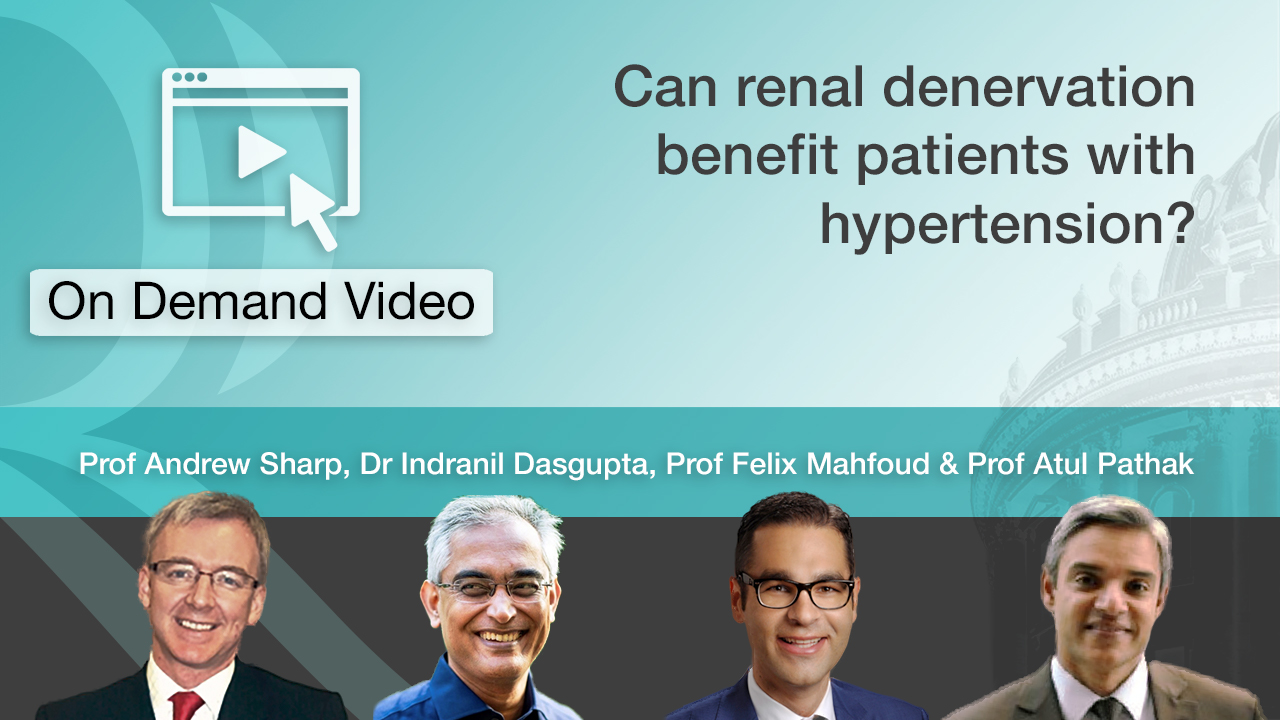
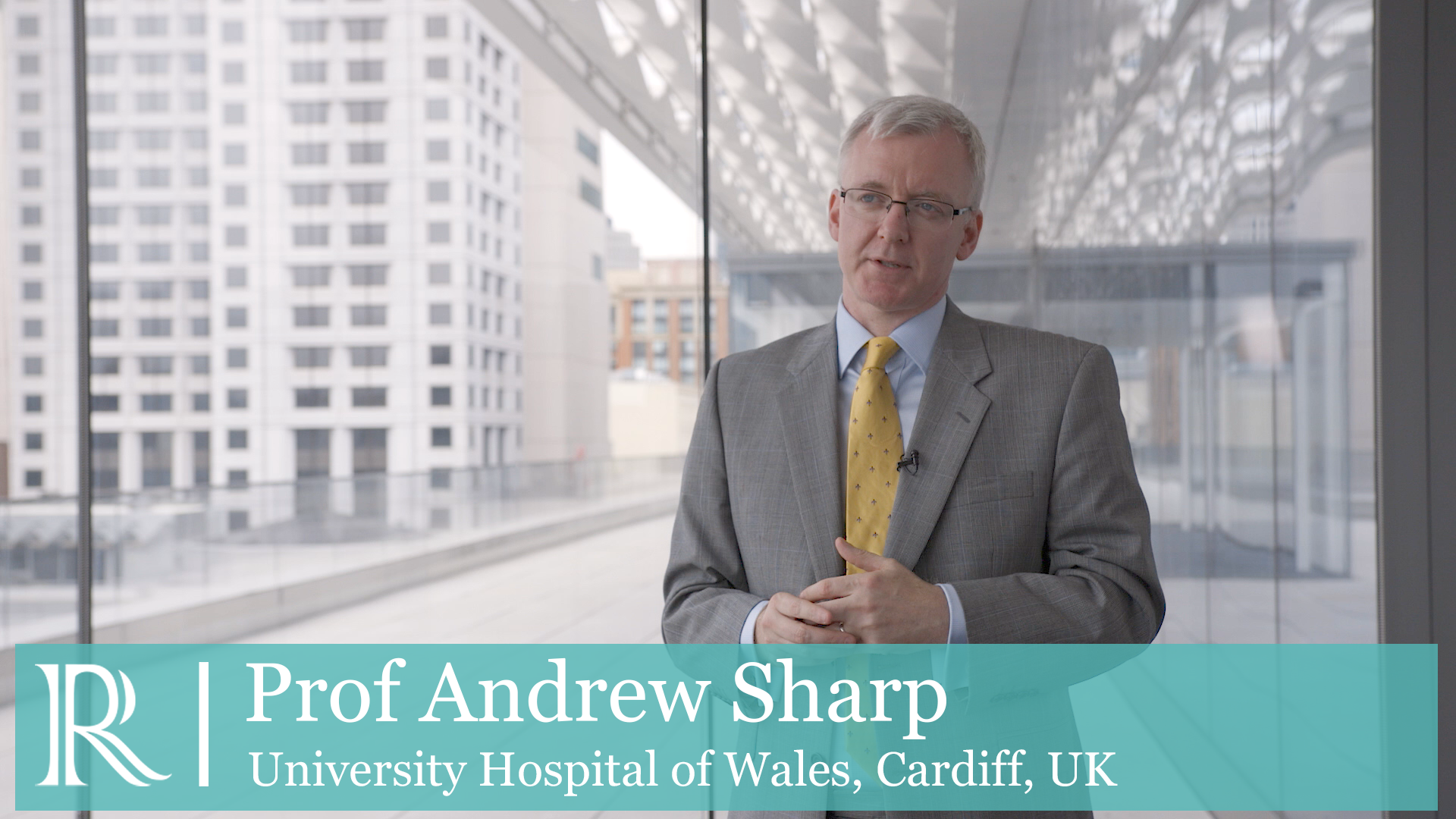
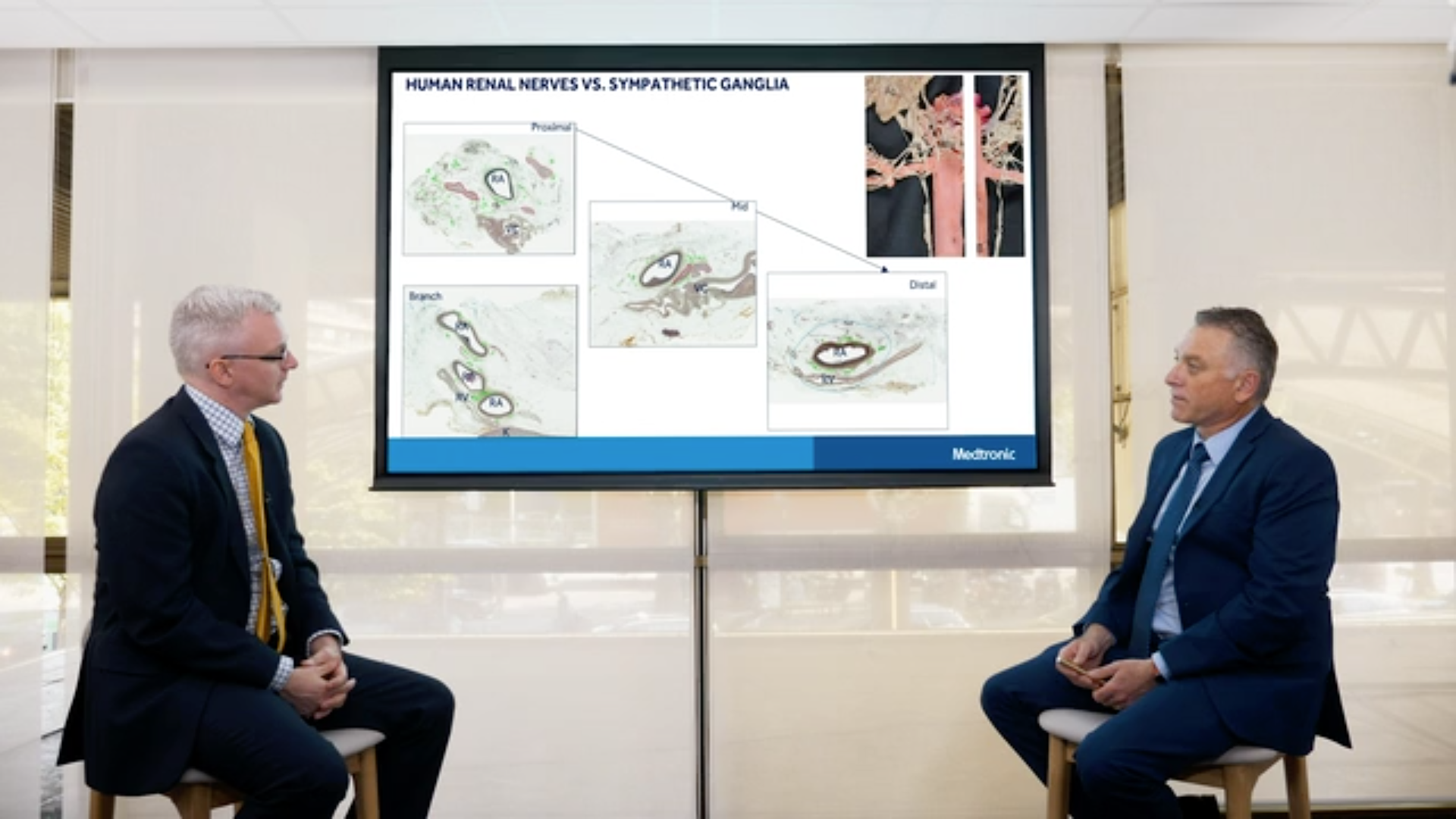
Comments